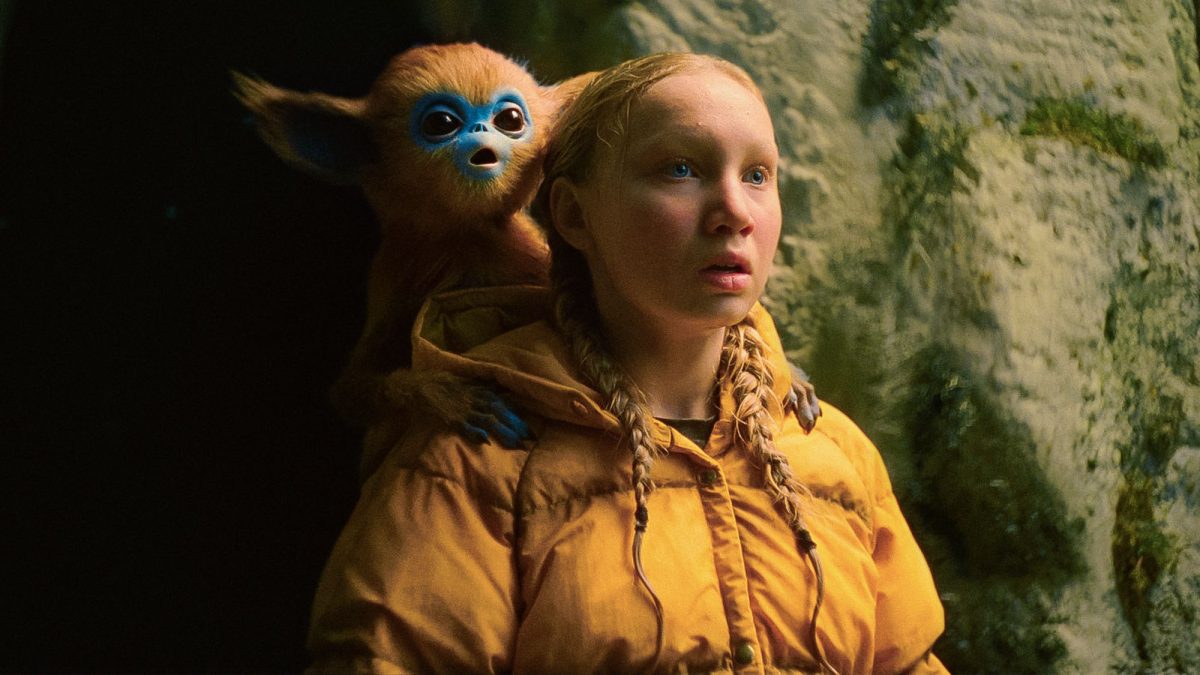NFT’s Have the Potential to Revolutionize the Music Industry
(Courtesy Pexels)
April 10, 2021
Cryptocurrencies have seen a rise in popularity in recent years — with Bitcoin and Ethereum becoming useful forms of currency in the business and entertainment industries. Non-fungible tokens emerge now as a promising and unique form of cryptocurrency that have the potential to change the arts and entertainment industries to benefit creators and artists.
A Unique Currency
NFT’s are stored in the blockchain — as other popular cryptocurrencies such as Bitcoin and Ethereum are. But NFT’s are unique in that they are never the same. The material of an NFT can range from images, works of art and GIFs, to Tweets, music, and even physical items.
The cryptocurrency has made recent headlines after Twitter CEO Jack Dorsey sold the first-ever Tweet made by himself on the platform. The Tweet, which read “just setting up my twttr” was auctioned for charity as an NFT and sold for $2.9 million.
As cryptocurrency begins to shift into the mainstream, it’s become important to understand how it might impact our beloved industries — namely the music industry.
NFT’s and The Music Industry
The internet is a wonderful resource for fans of music — platforms like Twitter and Patreon provide intimate and on-demand updates on everything from entertainment to personal details about the artistic process. But what if one-of-a-kind content was accessible for fans to own and consume in a way that benefitted the artists directly?
Most musicians received their revenue from touring, t-shirt and ticket sales prior to the pandemic. Now, NFT’s are being sought out as a means of bridging the divide of earnings that runs rampant in the music industry. Musicians in the top one percent of the industry are benefiting greatly from the growing popularity of streaming services, while others must raise their ticket and merchandise prices to compete.
Pop musician and visual artist Grimes sold a series of digital art pieces as NFT’s. The collection of ten pieces sold for a total of six million dollars — some one-of-a-kind and others produced on a larger scale. In a collaborative effort with digital artist Mac Boucher, several copies of a short video titled “Death of The Old” — set to an original song by Grimes — became the most popular piece from the sale.
The Future
NFT’s have the potential to completely transform the way that the music industry works, putting the power into the hands of the creatives who fuel the industry so tirelessly with their art. Allowing artists to directly put their work up for sale within the blockchain not only removes the need for marketing fees and management dues, but it opens a new avenue for communication between artists and their fans.
Artists have the ability to provide exclusive album art, music videos and behind-the-scenes information about their creative processes — artists can even release records exclusively as NFT albums.
As the music industry continues to rely on streaming services and alternative forms of revenue during a time of change, it seems natural that things should return to a place of equality and fair treatment for artists.








